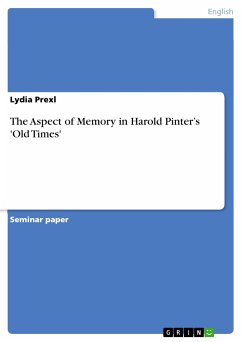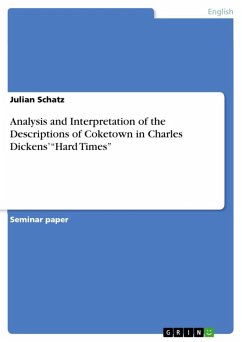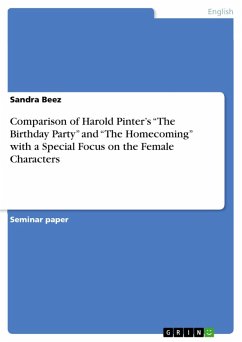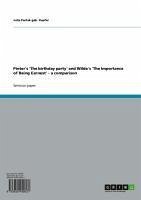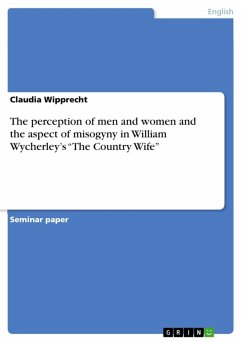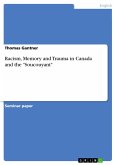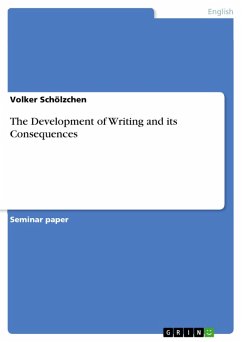Seminar paper from the year 2007 in the subject English Language and Literature Studies - Literature, grade: 1,0, University of Mannheim (Anglistisches Seminar), course: New British Drama, language: English, abstract: It is widely accepted that memories reconstruct the past: We need individual memories in order to experience biographical continuity. Without the episodic (or autobiographical) memory, it would be impossible for us to link our individual past to ourselves. The strong connexion between memory and the past is a very prominent topic in contempo-rary British fiction and the significance of memory is discussed in many literary works. One of these works is Harold Pinter's play Old Times. Together with the plays Landscape and Silence and the sketch Night, these works have often been referred to as 'memory plays' because they "focus on the past". In all these plays, Pinter extensively investigates the possibilities of recreating the past as well as the problematic function of memory. [...] Given the fact that even the author himself has difficulties to summarize his works, it is even more difficult for the viewer, especially as Pinter does not write "with an audience in mind" . Though he is convinced "that what happens in (his) plays could happen anywhere, at any time, in any place, although the events may seem unfamiliar at first glance," the action in Pinter's plays is always ambiguous and the plot a framework of contradictions, multilayered statements and silences. So, what is Pinter writing about? He only gives us one clue: It is "not (about) the weasel under the cabinet. This paper aims to answer the question above. In the following, I will look at the sketch Night first. Then I want to concentrate on the topic of memory in the plays Landscape and Silence. In the main part, I will discuss the significance of memory in Old Times. As we will see, Pinter demonstrates that memory operates on a variety of levels. In all plays, memory is unreliable and can be reshaped according to one's present needs. It can be a means of comfort and security, as in Night. It can separate people by providing them with the possibility to live in the past and to avoid confrontation in the present, as in Landscape and Silence. In Old Times, the function of memory is clearly the most complex. Here, it is used as a weapon in a battle for positions in which impression man-agement rules the battlefield.
Dieser Download kann aus rechtlichen Gründen nur mit Rechnungsadresse in A, B, BG, CY, CZ, D, DK, EW, E, FIN, F, GR, HR, H, IRL, I, LT, L, LR, M, NL, PL, P, R, S, SLO, SK ausgeliefert werden.

